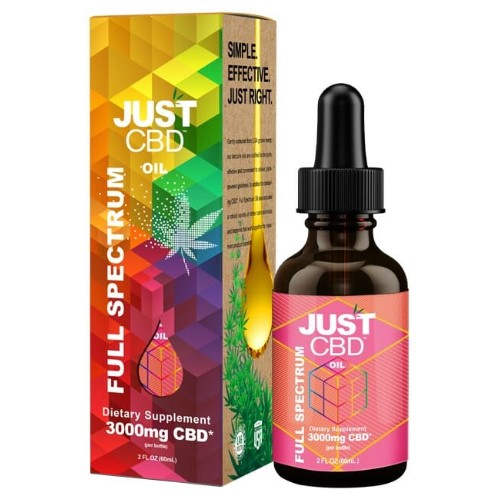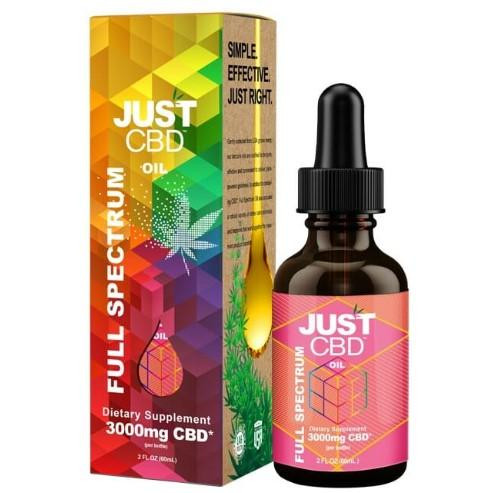In recent years, the spotlight has been shining brightly on the incredible potential of pure cannabidiol (CBD) oil. This remarkable compound, derived from the cannabis plant, has garnered attention for its promising health and wellness benefits. In this comprehensive guide, we delve into the world of pure cannabidiol oil, exploring its origins, properties, uses, and considerations.
The Essence of CBD Oil
Pure cannabidiol oil is a concentrated extract obtained from the hemp plant, a variety of cannabis. Unlike its counterpart, tetrahydrocannabinol (THC), CBD is non-psychoactive, meaning it doesn't induce the euphoric "high" associated with marijuana. Instead, CBD is revered for its potential therapeutic effects, making it a focal point of scientific research and a go-to option for individuals seeking natural alternatives.
A Multitude of Benefits
The allure of pure CBD oil lies in its potential to address a wide array of health concerns. While research is ongoing, preliminary studies suggest that CBD may have anti-inflammatory, analgesic, anxiolytic, and neuroprotective properties. Many people turn to CBD oil for potential relief from chronic pain, anxiety, insomnia, epilepsy, and even skin conditions. However, it's crucial to note that individual experiences may vary, and consulting a healthcare professional before use is advisable.
Navigating Usage
Pure CBD oil is available in various forms to suit diverse preferences. Common options include tinctures, capsules, topicals, edibles, and vape products. Determining the appropriate dosage can be a nuanced process, influenced by factors such as body weight, metabolism, and the severity of the condition being addressed. Starting with a low dose and gradually increasing as needed is a prudent approach. Consulting a healthcare provider can provide personalized guidance tailored to your needs.
Quality Matters
When considering CBD oil, prioritizing quality is paramount. Opt for products that are sourced from organically grown hemp, free from harmful pesticides and chemicals. Third-party lab testing ensures transparency and verifies the purity and potency of the oil. Reputable manufacturers provide Certificates of Analysis (COAs) that detail the product's cannabinoid content, confirming that it meets regulatory standards.
Legality and Regulations
The legal status of CBD varies across jurisdictions. In many places, CBD derived from hemp with less than 0.3% THC is legal, while CBD derived from marijuana may be subject to stricter regulations. Familiarize yourself with the laws in your region to ensure compliance. It's worth noting that regulations are subject to change, and staying informed is essential.
Caution and Considerations
While CBD oil holds promise, it's essential to exercise caution and be well-informed. Interactions with other medications are possible, so consulting a healthcare professional before incorporating CBD into your regimen is crucial, especially if you have pre-existing medical conditions. Pregnant and breastfeeding individuals are generally advised to avoid CBD due to limited research in this population.
For More Info:-
how long does cannabis oil last






Comments